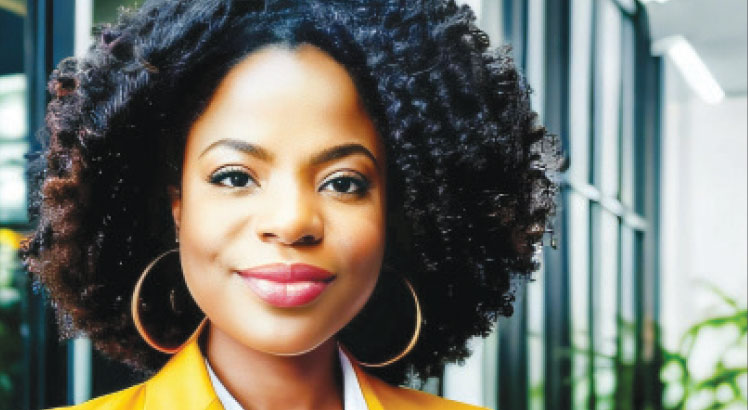L oyce began her breast cancer journey in 2014. She was devastated, scared and numb when she found out. She was 38 and believed she was healthy.
Despite all odds, she felt the disease was not going to be chronic. The more she read about it, the less afraid she became. She felt equipped to handle it and indeed Loyce overcame it.

Dr Kondwani Chalulu, a surgeon at Queen Elizabeth Central Hospital (QECH), with special interest in breast cancer says anyone can have the disease with the risk higher in women than men.
He cites a number of risk factors for breast cancer such as obesity, a family history of breast cancer from first degree relatives, nulliparity (those with no children have a higher risk), commencement of one’s periods at a younger age and late menopause. According to the surgeon, breast lumps are the most common ways for people to know if they have breast cancer.
“Anyone can have a self breast examination for any suspicious lumps in their breasts. This can best be done while taking a shower. It is important to note, however, that not all lumps in the breast are cancerous,” he says.
Chalulu explains that he normally has a triple assessment for women believed to have breast cancer, which includes a detailed history and physical examination, then radiology.
“We take the patient’s history and examine their breasts. We do radiological investigation in form of an ultrasound on women under the age of 35 and a mammography for those over 45 years old. However, there are no mammographic services within the national health sector,” says Chalulu.
He observes that in other countries, women are encouraged to go for screening and regrets that as a country; we do not diagnose early which consequently makes treatment difficult. In the event that doctors find a suspicious lump, they go for histological assessment by getting specimen through a syringe or surgery to test for cancer cells.
Chalulu further observes that Malawi is still a bit far from winning the fight against breast cancer. “Also, we do not have radiotherapy, which forms part of the treatment.
Sensitisation could help. I am glad breast cancer survivors have mobilised themselves to reach out to people about the importance of getting checked and the benefits of early detection,” he says.
Nonetheless, Chalulu bemoans the tendency by some women of going to traditional and faith healers before seeking assistance from health centres. “Such tendencies are not helping.
It would be best if they presented themselves sooner than later. It is because of such tendencies that few people have survived the disease.
Breast cancer is curable; there are living examples of people who had breast cancer and were treated, so do not wait until the cancer gets worse to treat,” he indicates.
The doctor also points out that plans are underway to have mammography at QECH and Kamuzu Central Hospital (KCH).
He said government is also training clinical officers under Clinical Officers Surgical Training (Cost) Africa and the first group has already finished their training.



